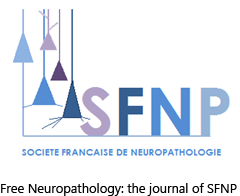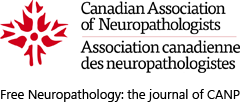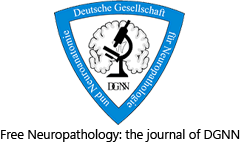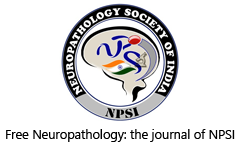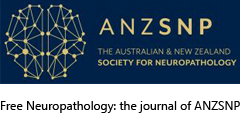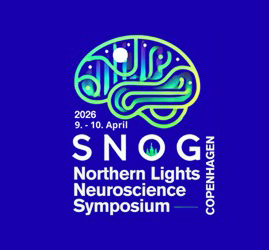FAQ
[Frequently Asked Questions]
How can this journal be free of charge for both authors and readers?
Publishers make scientists and scientific organizations believe that publishing is expensive and that someone has to pay for the publication process, either the reader in subscription models or the author in open-access models. We believe that there is a third option if the job of the publisher is taken over by scientists, i.e. the people who have put the most energy into a journal. It is true that we need some technical infrastructure and manpower to keep the journal running, but compared to the activities of scientists provided for free (non-reimbursed) as referees and editors, which make commercial publishers even wealthier, the additional costs for publishing activities are moderate and they are covered by our institutions. We also take advantage of the Open Journals Systems platform, which is an open-source software for the management of peer-reviewed academic journals.
Why don't you need a commercial publisher?
Scientists spend much of their time for reviewing and editing, and with these activities they increase the publisher's profit without getting reimbursed. On the other hand, traditional activities of the publisher have included guiding the editors, promoting the journal, maintaining the journal website, copyediting and layout of submissions following acceptance. In the past, these activities were time-consuming and required considerable technical skills. Now they have been automated, streamlined or outsourced. We think that even though traditionally not being considered scientific activities, enthusiastic scientists who are involved in the scientific area of the journal can do better here than employees of a commercial publisher. And they do the job for science, not for stockholders of the publisher.
Is Free Neuropathology included in PubMed and Science Citations Index?
The journal is registered with or indexed by the following scientific indices:
- PubMed
- PMC
- Scopus
- DOAJ
- Google Scholar
- WorldCat
- CORE
- BASE
- German National Library (Deutsche Nationalbibliothek)
- LOCKSS
- PKP Preservation Network (PKP PN)
What is Diamond Open Access?
Green Open Access means self-archiving of the accepted version of the manuscript in the authors´ format. In the Gold Access model articles are made immediately and freely available, while the author must pay an article processing fee. Diamond Open Access (also referred to as Platinum Open Access) means that the process, including submission, peer review, handling by the editorial team, copyediting, layout and reading by everyone, is completely free. That means that neither authors nor institutions nor readers have to pay. This is realized by volunteers, providing high quality editorial, peer review and publishing services, such as copyediting. Free Neuropathology's Diamond Open Access model is based on the enthusiasm of volunteers who love to be engaged in the scientific publication process, thereby serving science and society. We also believe that Diamond Open Access volunteers will enjoy career benefits, prestige, and recognition from institutions for doing the work.
How can I participate in Free Neuropathology?
If you would like to provide scientific advice and get involved in shaping the scientific future of the journal based on your professional experience, consider joining the board of Associate Editors by getting in touch with us.
If you’re interested in gaining first-hand experience in the scientific publishing process, please consider joining our Copyediting Board. Copyediting is the step between acceptance and layout of a paper. The copyeditor must place the focus on correct and clear language, typos and other errors as well as formal/technical consistency. This responsibility comes with advantages: You will be able to be the very first reader of accepted papers to be published in Free Neuropathology, expand your personal networks, and, most importantly, participate in the revolution of the scientific publishing process. One of our core aims is to provide authors with ultrashort turnaround times, so we need enthusiastic copyeditors with an open mind to make this happen. Click here for more detailed information on what exactly a copyeditor does.
You are also invited to join our Layout Board. Layout is the final step before an article is published. This is where the “end result” of the entire process is created. The result represents the authors' work in public. This means that during the layout process, all final errors and inconsistencies must be eliminated, and text and illustrations must be presented in a representative form. We use Microsoft Word for layout because it is familiar to almost everyone. As a layout designer, your focus will also be on accurately and meticulously editing the manuscript, and you can expect the above-mentioned benefits here too.
If you are also interested in creating and editing HTML or XML, you can convert the articles into these formats in a second step. However, this is not a prerequisite for participating in the layout board. Please click here for detailed information about the role of a layout designer.







